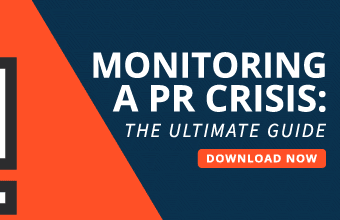Consumers were forced to adapt to new retail behaviors when the COVID pandemic took hold in the U.S. in March, and embarked on a series of trial-and-error activities over the last two months, in many cases seeking out the most crisis-sensitive brands, and retailers most conducive to their particular needs.
A new study from the market research team at national marketing agency Zion & Zion investigates how COVID-19 has affected consumer habits, including both short and long-term brand switching and online grocery shopping.
The study also reveals the timeframes of people’s comfort with returning to patronize various types of businesses, attend various types of events, and engage in various types of travel-related activities, post-COVID-19.
Consumer behavior study highlights
While consumer trial of new brands was high due to product shortages brought on by COVID-19, 53.0 percent to 70.8 percent (depending upon the product category) of consumers that were forced to trial new brands expect to continue to use the new brand once the COVID-19 situation subsides.

After COVID-19, in-store grocery shopping is expected to drop dramatically, from the 82.5 percent of people that shopped primarily in-store pre-COVID-19 to an expected 65.5 percent post-COVID-19. Meanwhile online grocery shopping is expected to grow from its pre-COVID-19 levels, with online ordering for delivery projected to more than double and online ordering for pick-up projected to nearly double.

Americans are almost as reluctant to return to air travel immediately or within one month (27.8 percent), as they are to return to cruises (29.4 percent).

This Zion & Zion research study was based on a nationwide survey of 509 consumers. The data was collected between Friday, May 1, 2020 and Monday, May 4, 2020, when most states’ stay-at-home orders were still in effect. The author of this study is Malory Knutson, a member of the market research team at Zion & Zion.





